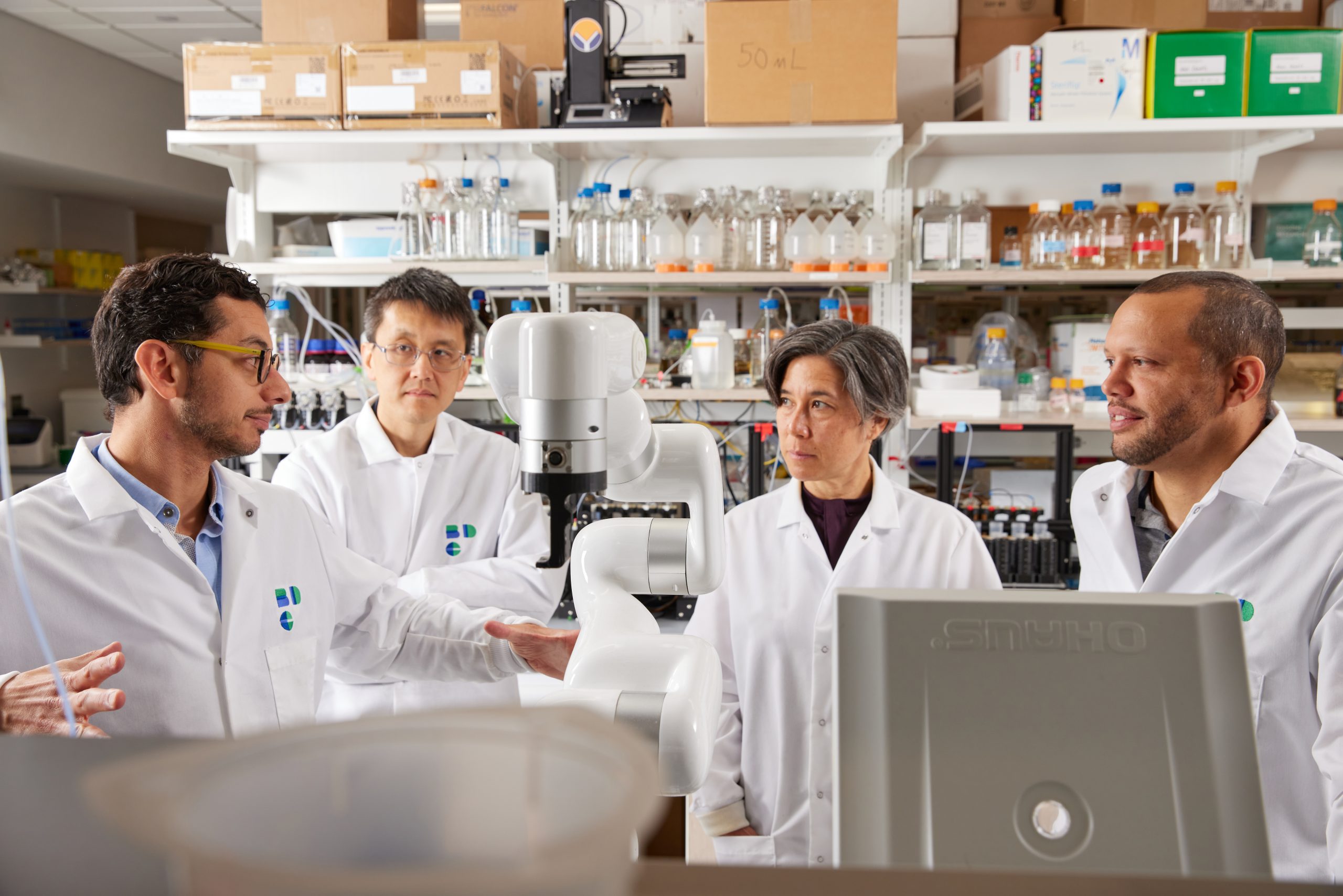Biomechanics is the application of mechanical engineering theory and practice to biological materials and systems. The department hosts a diverse portfolio in biomechanics research, with emphases on orthopedic and cardiovascular diseases, cancer detection, and diagnostic and therapeutic ultrasound. Some projects are focused on the discovery of new principles that describe how cells, tissues, and organs respond to mechanical forces. Others are “bench-to-bedside” endeavors that seek immediate impact on patient’s health through the development of new technologies or treatments. We invite you to explore the links below and learn how our faculty and students are expanding the interface between engineering and biology.
Research Topics
- Biomechanical Imaging is used to measure mechanical property distributions in tissues, principally the shear modulus. Doing so requires the measurement of tissue displacement which can be done by means of diagnostic ultrasound. The measured deformation is used as an input to an inverse problem which is solved in order to determine the distribution of mechanical properties in the tissue. The applications include detection and differential diagnosis of cancer tumors in the breast.
- Orthopaedic Biomechanics and Mechanobiology focuses on the interplay between the mechanical behavior, structure, and biological function of tissues. The goal of the research is to investigate how mechanical “signals” (forces and displacements) contribute to the development, adaptation, degeneration, and regeneration of bone and cartilage using engineering mechanics, materials science, and cell and molecular biology.
- Cardiovascular Soft Tissue Biomechanics focuses on developing the relationship between microscopic biological processes and changes in macroscopic tissue mechanics due to diseases. Integrated models based on biology, nonlinear solid mechanics, and finite element modeling are used to analyze complex materials and their constitutive behavior.
